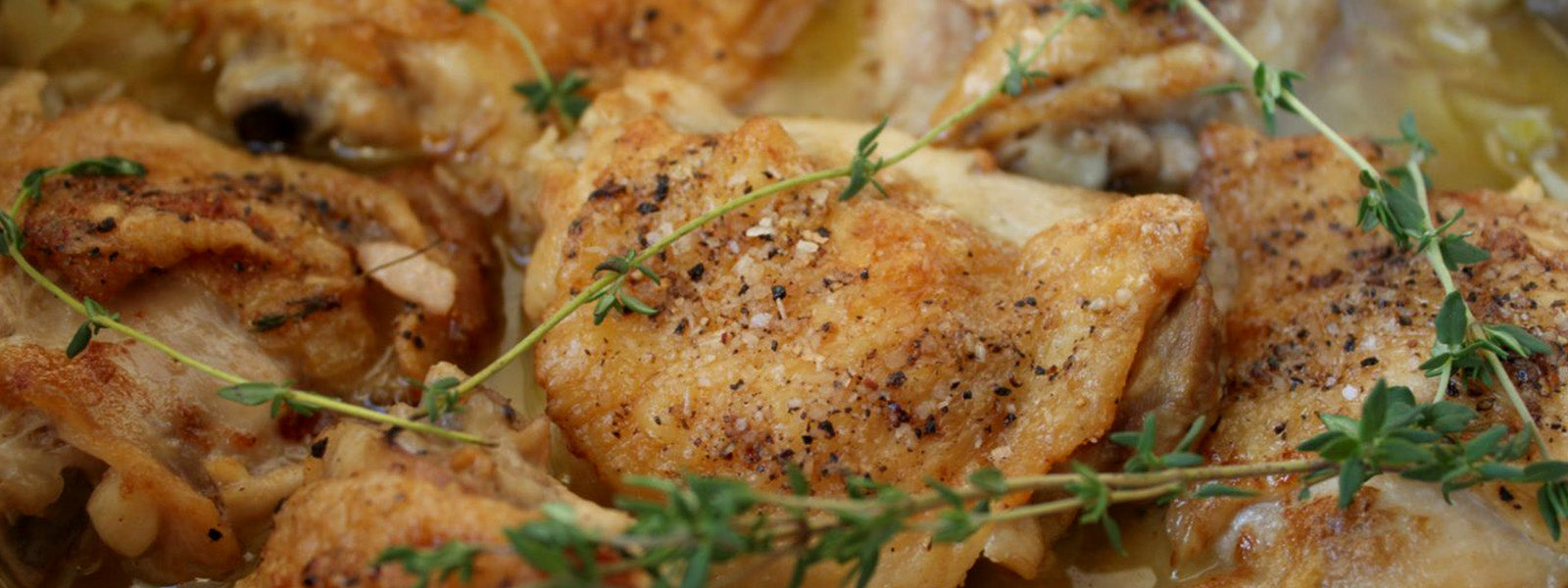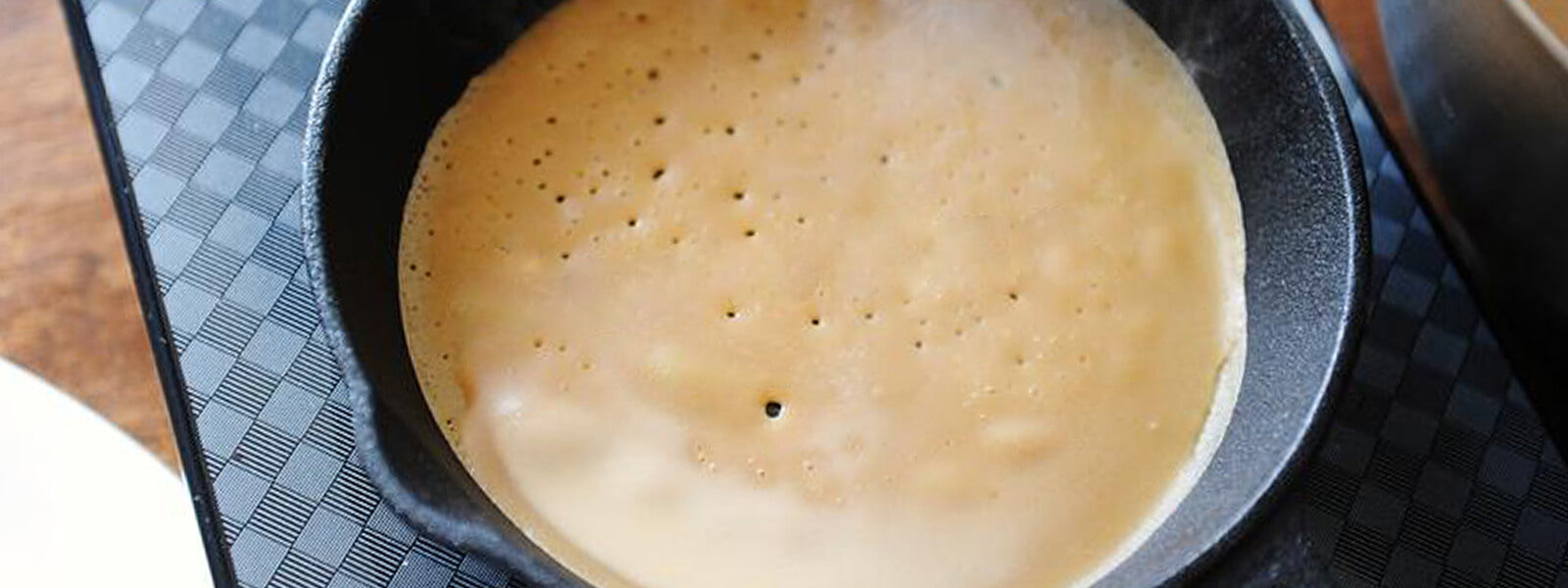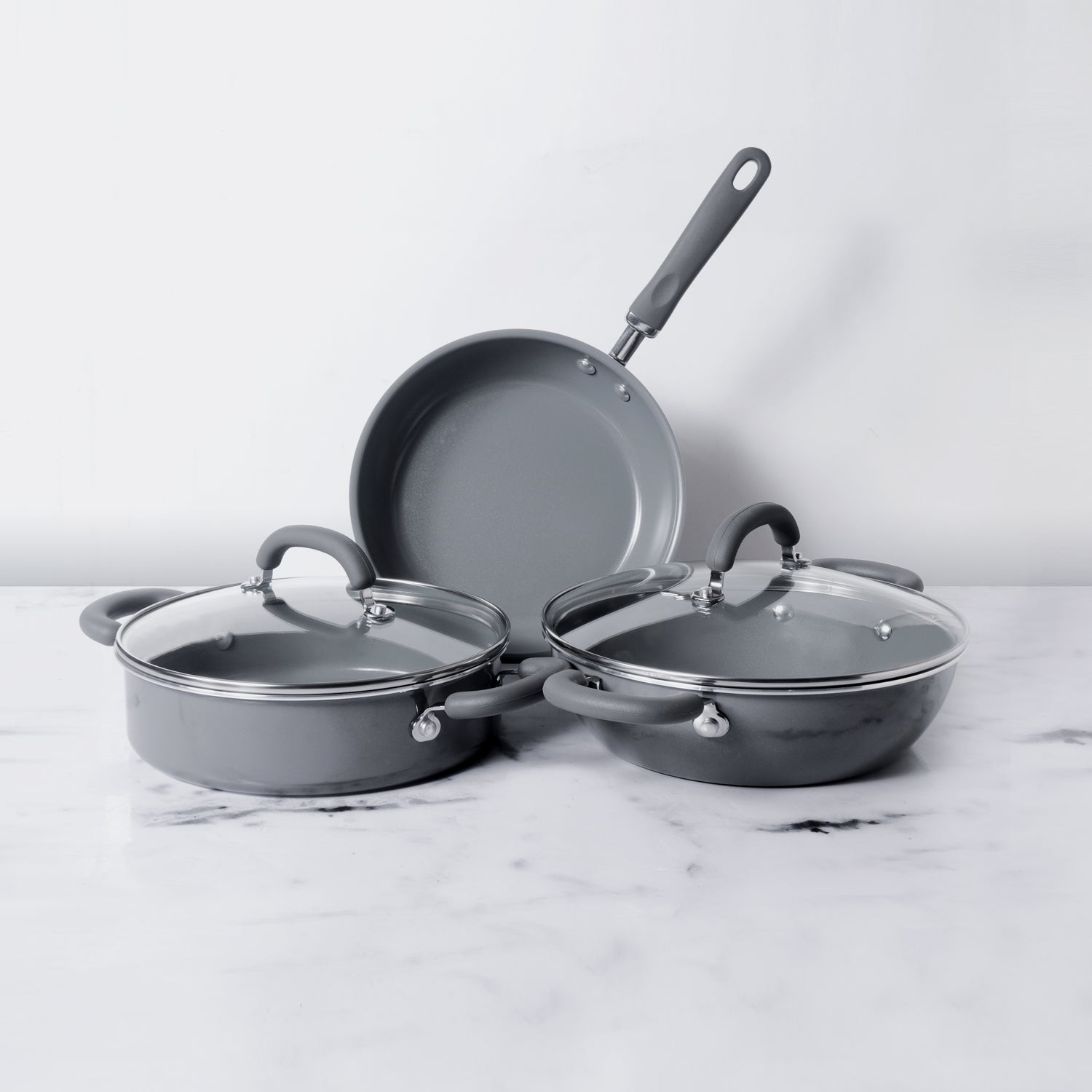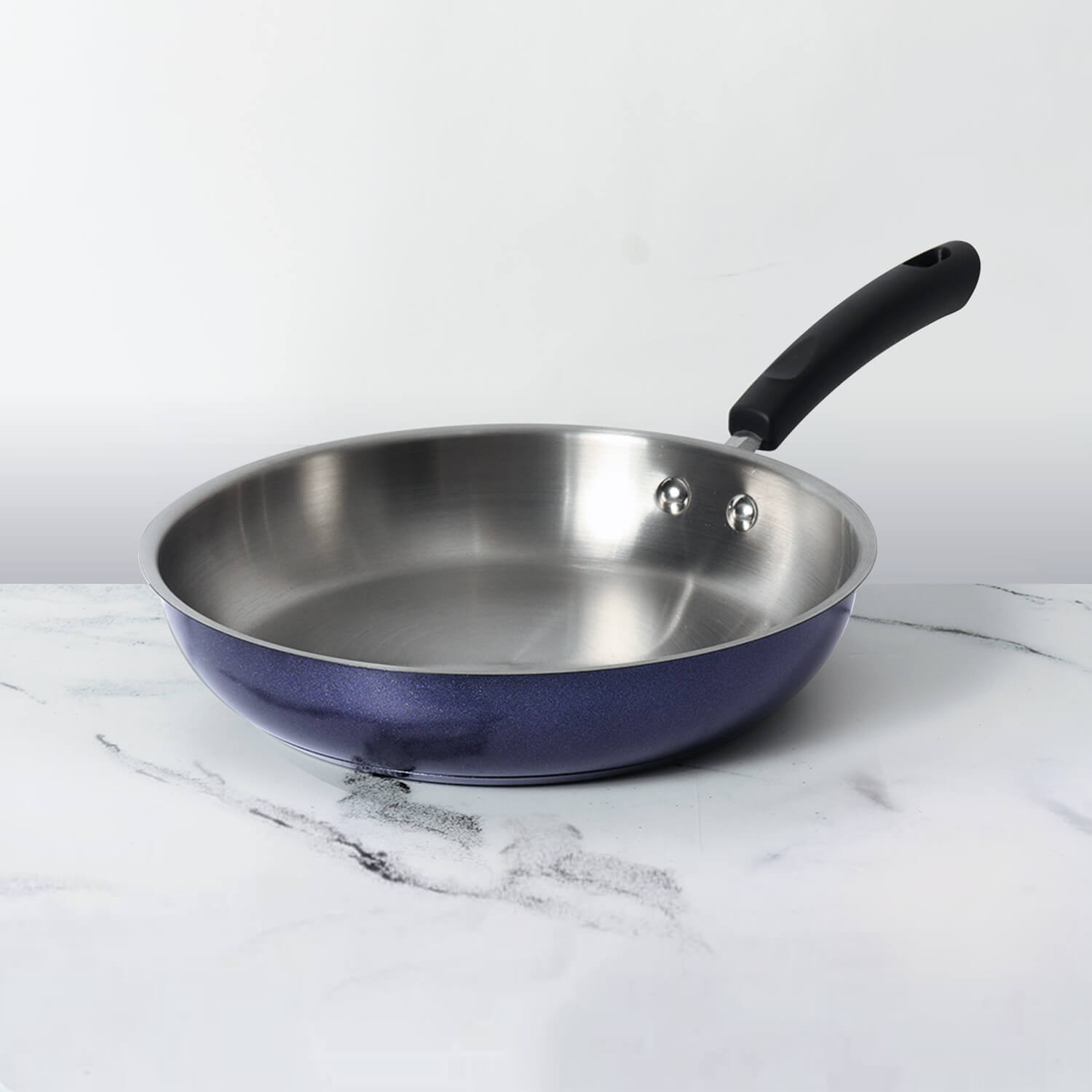Mixed herbs are, as the name suggests, a mix of different dried herbs. Most of the time, the mix is well-balanced, so you won't get too much of any one flavour or herb in your dish.
Mixed herbs are a popular blend of spices that are used in many dishes to add a delicate flavour and aroma. It's an easy way to make quick recipes that taste good without adding extra calories or ingredients. Some people worry that the seasoning in a package might have preservatives in it, but that isn't always the case. Because of this, everyone should be careful when picking out mixed herbs spice blends. This mixture is made up of five different spices: marjoram, thyme, sage, basil, and rosemary. Basil and rosemary aren't in the traditional blend, but they are in the modern blend, which has all five spices. When this is added to a dish at the end of cooking, it gives off a strong floral scent. This mix of spices can be used in many different dishes, like vegetables, cheese dishes, pasta sauces, marinades, butter, bread, omelettes, meat, etc. It makes the food taste better and is healthier for everyone because it doesn't have any additives or preservatives.
There are many herbs and spices that may be good for your health in more than one way. For example, some can help reduce inflammation, improve memory, and may even help fight cancer. Turmeric, peppermint, ginger, and many more are some of these herbs and spices.
Before there was modern medicine, the ancient Greeks used herbs and spices for their healing properties. Hippocrates (460–377 BCE) used saffron, cinnamon, thyme, coriander, and other plants as treatments. Many of these plants are still used today as holistic remedies for fevers, aches and pains, and other illnesses.
Table of Contents
How to make mixed herbs at home?
Make your own blend of herbs to keep in your pantry. You can add this to sauces and gravies or sprinkle it on meat before cooking. It can be used in place of salt on the table or in recipes. It can be used in place of mixed Italian seasoning herbs or any other seasoning mix called for in a recipe. This recipe has a nice smokey flavour and is both savoury and sweet. It's not spicy, but it has a lot of flavour. If you don't care about how much salt is in your recipes, you can add a teaspoon of salt to this mix.
Make sure you use the freshest ingredients you can when you make your own mixes. You can smell dried herbs and spices to see if they are fresh. If the smell isn't very strong, you should get a new bottle. In fact, you should do this once a year with all of the herbs and spices you keep in your kitchen. Most herbs and spices stay fresh for 6 to 12 months if they are kept in a cool, dry place.
You can use whatever herbs you like in this recipe. Add some cayenne pepper, crushed red pepper flakes, or ground chipotle peppers if you like things spicy and hot. You could also use oregano, dill weed, or dried sage instead of one of the other herbs. Or, try something new, like chervil, but only if you and your family like it. For more ideas, take a look at my recipes for other spice mixes.
Ingredients to make mixed herbs:
- 1 tablespoon powdered onion
- 1 tablespoon powdered garlic
- 1 teaspoon of dried basil and 1 tablespoon of dried parsley
- 1 teaspoon of dried thyme
- 1 teaspoon dried marjoram
- 1 teaspoon of white pepper that was just ground
Steps:
- Collect the things you need.
- In a small bowl, mix together the onion powder, garlic powder, dried parsley flakes, dried basil leaves, dried thyme leaves, dried marjoram leaves, and white pepper.
- Mix everything well until it all comes together.
- Pour the mixture into a screw-top glass jar and seal it tightly. Label it with the name of the recipe and the date it was made, and keep it in a cool, dry place for up to 6 months.
Common spices used in mixed herbs and their benefits:
- Marjoram
Marjoram is a very popular spice, especially in Mediterranean and North American dishes. You can add these to a lot of different dishes, like stuffing and sausages. This cooking herb comes from the same family as oregano. In fact, these are called oregano in the United States. People often can't tell the difference between the two because they look so much alike. But this marjoram spice comes in many different kinds, based on the size and colour of the plant's leaves. When added to food, it gives it a floral taste. This is an important herb that goes into those mixed herbs.
- Sage
Sage is a powerful herb with a strong taste. This spice can be used in a lot of different dishes, but the best way to get the most out of it is to crumble it over the dishes after they are done cooking. This can be used in a lot of different kinds of food, like sauces, pastries, butter, marinades for meat, etc. But when added to teas or drinks, it gives them a hint of herbal flavour. This is a spice mixture that is also used with the mixed herbs.
- Thyme
Thyme gives food a strong flavour that makes it taste even better. Most often, this is used to make sauces, soups, and braises. But when the thyme is mixed with herbs from the Mediterranean, like marjoram, it gives the food a spicy and tasty flavour. This is why French and Italian food are the best in the world.
- Basil
Basil has a lot of health benefits if you eat it the right way, which can't be argued with. Because of this, the mixed herb is thought to be good for you and tasty. It keeps you from getting every disease you can think of.
- Rosemary
People have been using rosemary for its many health benefits since ancient times. It can help ease a lot of pain and make you remember things better. This is a very important part of the mixed herbs.
- Ginger
Ginger really does deserve to be called a superfood. This nutrient-rich rhizome has many benefits, including a chemical called gingerol that may help fight infections.
7. Parsley
Eating raw parsley has a lot of benefits, like making your immune system stronger. Parsley is full of antioxidants, which help fight off colds and other illnesses. This simple herb is more than just a decoration for your plate. It can help reduce inflammation and has important nutrients like calcium, iron, and vitamins K, C, and A.











Leave a comment